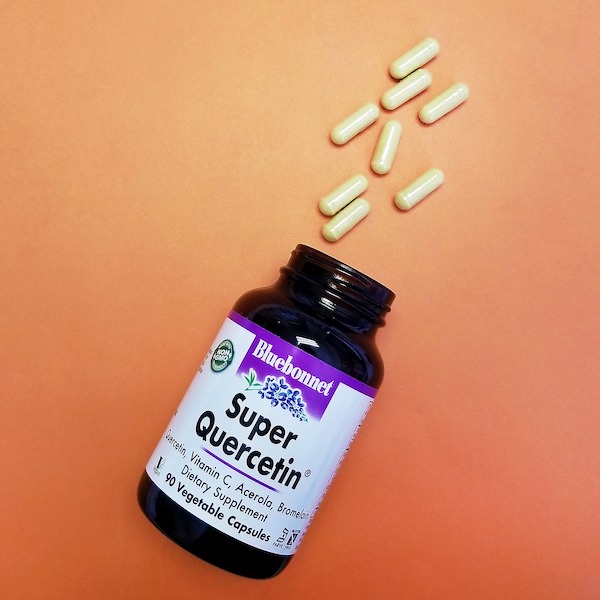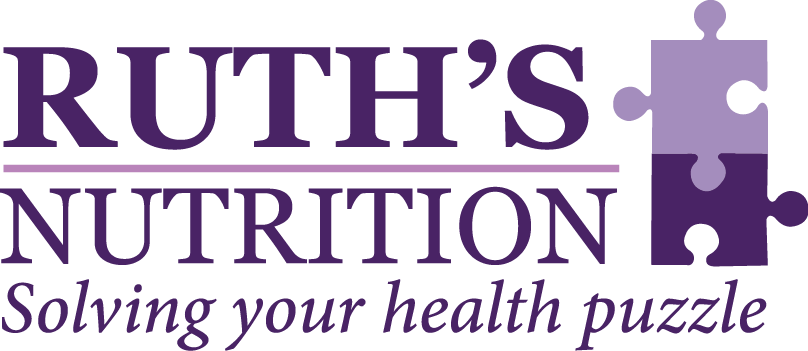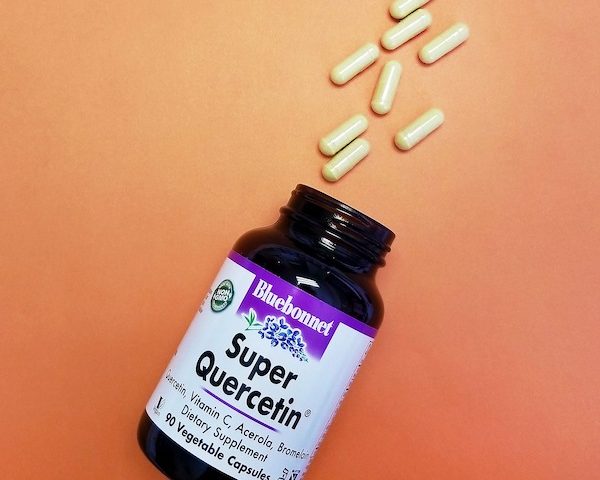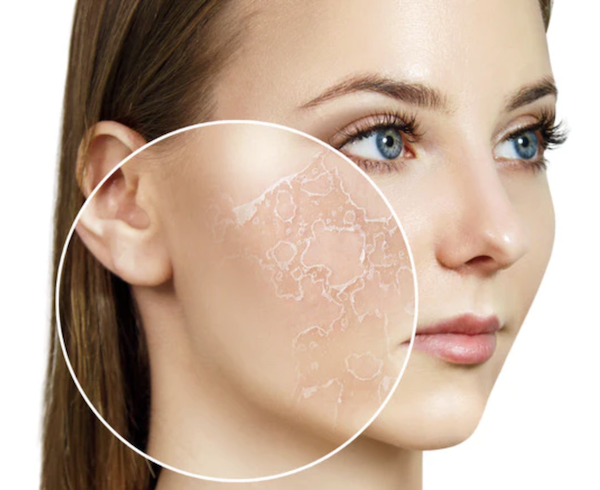Plant flavonoid being studied as COVID-19 fighter

By now most of you have heard of quercetin for allergies. It’s a plant compound that inhibits the release of histamine, the main culprit in seasonal sneezes, itchy eyes, and rashes. But did you know this anti-inflammatory/antioxidant pigment also shows benefits for a multitude of conditions? Including COVID-19?
Found in the yellow pigment of fruits, vegetables and flowers, quercetin is one of the most common and well-researched flavonoids. Research shows it quells free-radical damage (think smoking, radiation, chemical toxins), and is a more powerful antioxidant than vitamin C, vitamin E, or beta carotene. Its antioxidant properties also make it helpful in preventing neurodegenerative diseases, such as Alzheimer’s or Parkinson’s disease.
A 2016 study by the American Heart and Stroke Association found quercetin supplements reduced blood pressure, and other studies found 150 mg daily could reduce cholesterol.
Quercetin has anti-bacterial properties that can be helpful in treating infections of the skin, and G.I., respiratory, and urinary tracts.
It also reduces inflammation, which is a foundational condition in nearly all diseases. Research shows quercetin can help prevent and even treat cancer.
And last, quercetin has multiple antiviral properties. Given that we now live in the age of COVID-19, we want to talk about this in more detail.
Quercetin as an antiviral agent
Studies show quercetin is active against a variety of pathogens: upper respiratory infections (H1N1/H3N2 influenza viruses, etc.), Hepatitis B and C infections, rhinovirus, adenovirus, Epstein-Barr virus, streptococcus pneumonia, and more.
Studies show that quercetin acts against viruses in a variety of ways:
- Inhibiting the ability of the virus to infect cells
- Inhibiting replication of the already infected cells
- Reducing resistance of infected cells to treatment with antiviral medication (amantadine or oseltamivir against influenza A and B viruses)
- Reducing cytokine storm (hyperinflammatory immune response)
Given the above, it’s no wonder quercetin is currently being studied in clinical trials as an adjunct treatment for COVID-19. One study is due to be completed in August 31, 2020. And considering the virus’ continuing rapid spread, it’s not surprising that many holistic physicians are already recommending quercetin as part of a COVID-19 prevention and treatment protocol. You can get more information about that in the Institute of Functional Medicine link below.
One more thing. It’s worth noting that quercetin can be difficult to absorb. Most practitioners recommend you take a supplement that also contains bromelain, a proteolytic enzyme found in pineapple. The bromelain breaks down the quercetin, making it easier to absorb, and also has anti-inflammatory properties of its own. In addition, bromelain breaks up mucus, which is helpful in respiratory tract diseases.
REFERENCES
Institute for Functional Medicine




